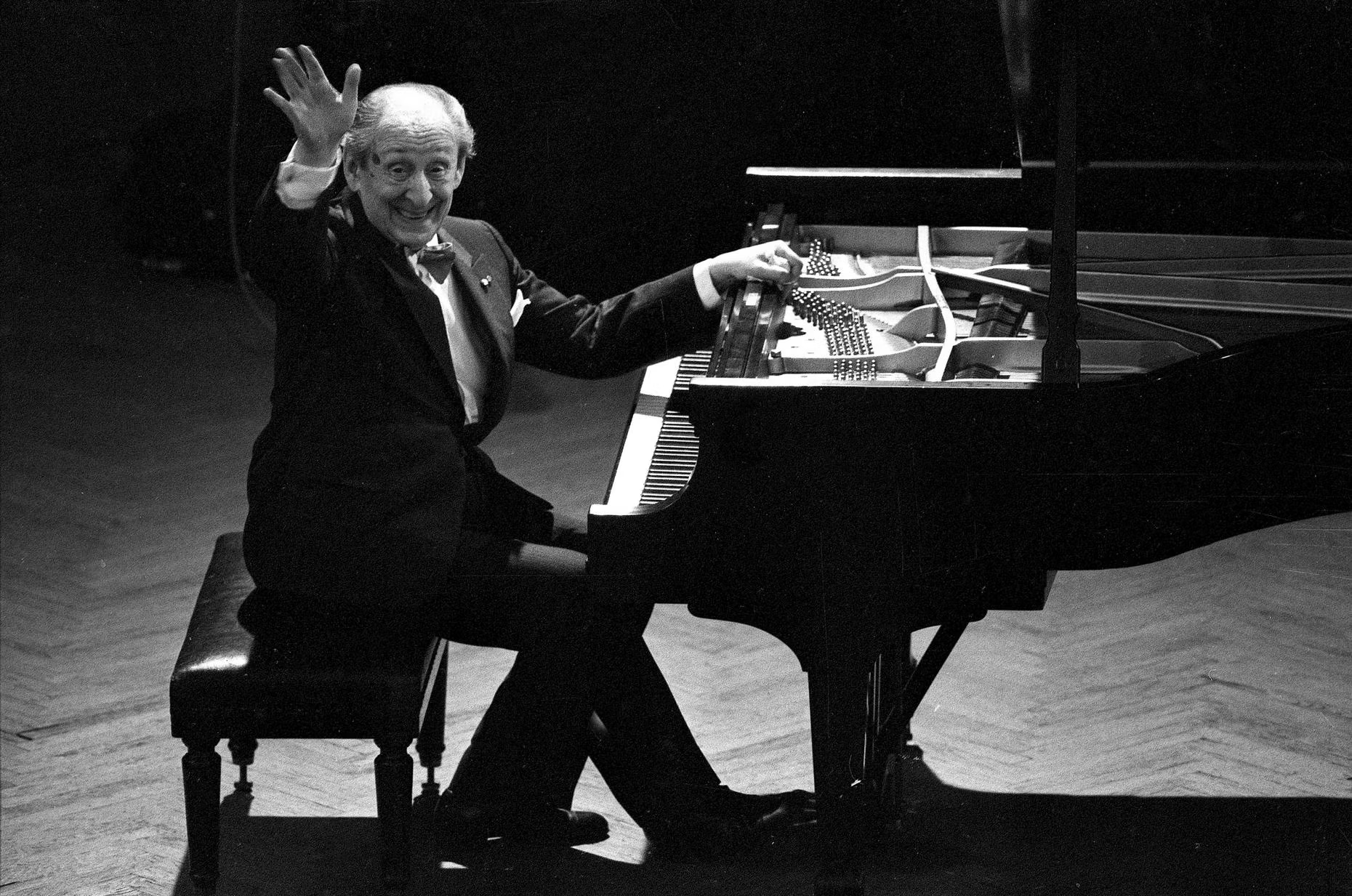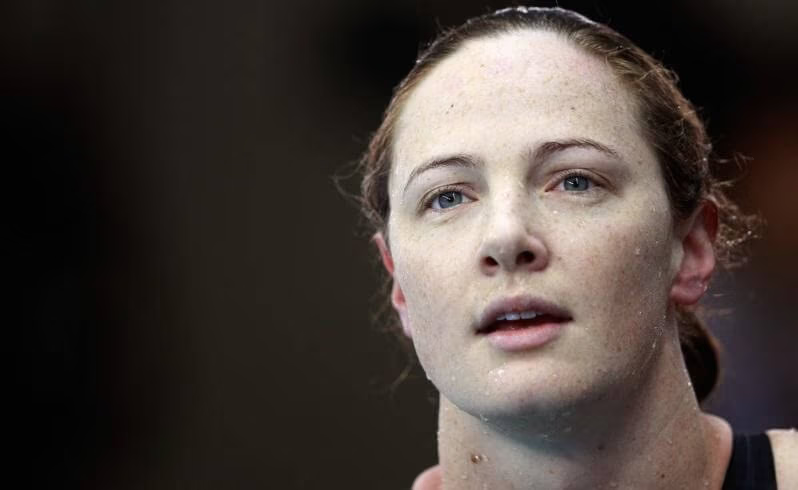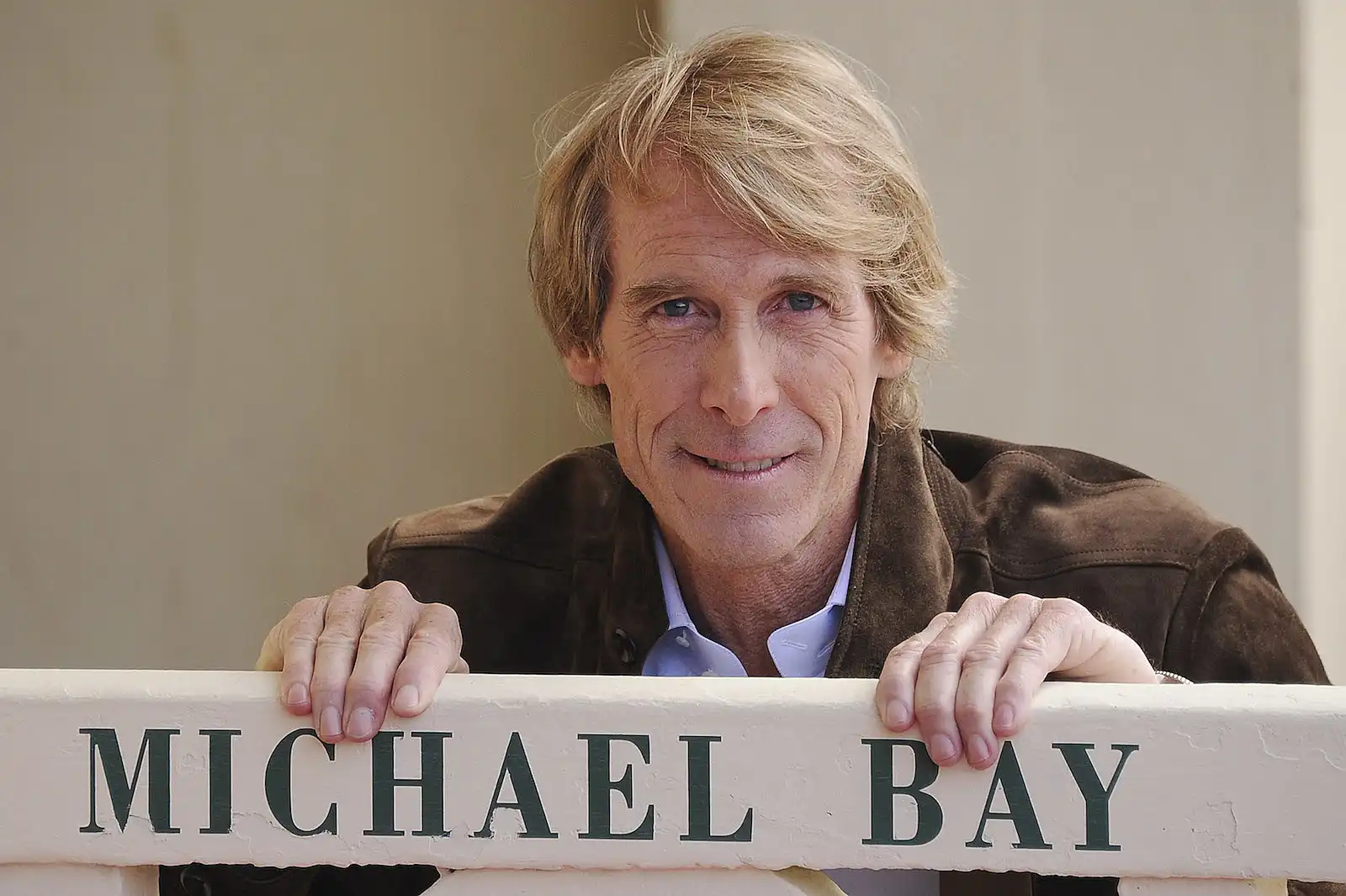The Olympic Games in Rio should have provided Australian swimmers with lots of opportunities for glory. Going into the Games, there was even talk of them winning up to ten gold medals. The actual take turned out to be just a fraction of that.
Backstroke king Mitch Larkin took home one silver medal rather than two gold, freestyle star Cate Campbell came in sixth in 100m freestyle, and Cameron McEvoy came in worse at seventh in the men’s version of the same event. These provided the biggest disappointments for the Aussies, but there were others.
What happened to a team expected to do so much better?
Stage Fright
The head coach of the Australian team, Jacco Verhaeren, chalked up Campbell’s lackluster performance to nerves. He said the same about McEvoy. It was a candid admission.
It’s hard to find a different explanation for well-trained swimmers who had been the fastest in the world earlier in the year.
Is it possible that nerves could spell the difference between putting in a gold-medal performance and finishing as an also-ran? It seems plausible given that the separation in time between one swimmer and the next can be one one-hundredth of a second.
Fight, Flight or Flee
An online Yahoo Sports article about the Australian meltdown points out that both Campbell and McEvoy faltered at the beginning of their races. Campbell “flinched” and McEvoy “froze.” Both are classic symptoms of the fight, flight or freeze response associated with stage fright and other forms of performance anxiety, including the type of competition anxiety that athletes experience.
But why would the performance of Campbell and McEvoy be compromised by stage fright at the Olympics and not other competitions?
Three Criteria
As I explain in Understanding Stage Fright, three criteria are at play when performance anxiety strikes.
- You do something in front of others (an audience)
- They judge you on it (or at least you feel you’re being judged)
- The judgment constitutes some sort of threat
The first two of these criteria are certainly at play at the Olympics. Athletes perform for a worldwide audience of millions and judged on their performance down to the fraction of a second.
What varies from one athlete to the next is to what extent that judgment constitutes a threat (if you don’t do well). You can see in the relaxed demeanor of, say, a Usain Bolt before a race, that he feels no threat at all. Nor should he. After all, he’s proven time and again that he’s the fastest man on the planet.
For whatever reason, Campbell and McEvoy saw their races as constituting an elevated threat. And who can blame them? The hopes and dreams of an entire nation were riding on their backs in front of a worldwide audience.
Not Just Australian Swimmers
Competition anxiety likely plays a bigger role in determining the results at the Olympics than we realize. Television announcers occasionally make reference to it and a candid coach or athlete will sometimes fess up. However, it goes largely unrecognized, just as it does in other sporting events.
What do you think? Have you ever suffered from competition anxiety? Feel free to comment below.























